Limited Availability: Treatment beds filling quickly. Call now for immediate placement – (844) 561-0606
Addiction Helpline America provides access to 367 drug rehab centers in Colorado, featuring various options such as inpatient facilities, outpatient programs, and medication-assisted treatment centers. Our comprehensive directory helps you locate licensed and accredited treatment facilities across Colorado, ensuring you find the support you need for your recovery journey.

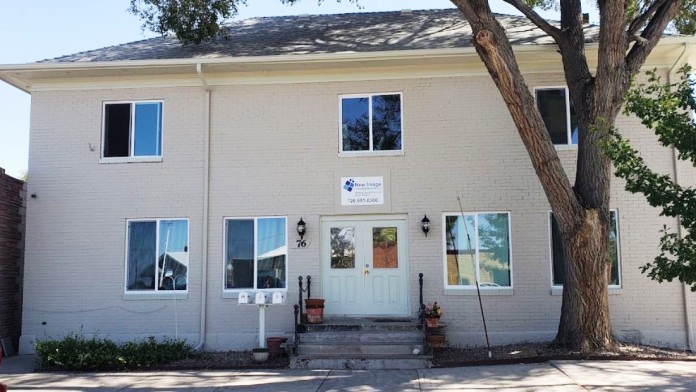 | A New Image Counseling Services LLCA New Image Counseling Services is a private rehabilitation facility dedicated to providing comprehensive treatment for various substance abuse addictions, including those with co-occurring mental health disorders.Key Features and Services: Flexible Outpatient Addiction Therapy: The center specializes in flexible outpatient therapy, allowing patients to receive regular treatment while living at home. This approach supports individuals in maintaining their daily responsibilities while focusing on recovery. Comprehensive Care for Co-Occurring Disorders: A New Image Counseling Services is equipped to address both substance abuse and accompanying mental health issues, ensuring a holistic approach to treatment that recognizes the interconnectedness of these challenges. Additional Levels of Care: In addition to outpatient therapy, the center offers relapse prevention programs designed to equip clients with the tools and strategies necessary to avoid returning to substance use after treatment. Conclusion: A New Image Counseling Services is committed to providing effective and compassionate care for individuals struggling with substance abuse and mental health disorders. With a focus on flexible outpatient treatment and comprehensive support, the center aims to empower clients on their recovery journey. For more information about their services or to inquire about admissions, please contact A New Image Counseling Services directly. 76 S Main St Apartment A, Brighton, CO 80601 | Levels of Care:outpatientAftercare Support Payment Options:MedicaidPrivate insuranceSelf-Pay OptionsFinancial AidMedicareMilitary Insurance | ||
 | A New PathA New Path in Carbondale, CO, offers comprehensive recovery services designed to support individuals on their journey toward lasting sobriety and personal growth. The center provides a variety of programs, including individualized therapy, group support, and holistic approaches tailored to meet the unique needs of each client. With a compassionate and experienced team, A New Path fosters a safe and encouraging environment that promotes healing and resilience. Explore the resources available to help you or your loved one take the vital steps toward a healthier, more fulfilling life. 520 S 3rd St, Carbondale, CO 81623 | Levels of Care:outpatient Payment Options:Private InsuranceSelf-Pay Options | ||
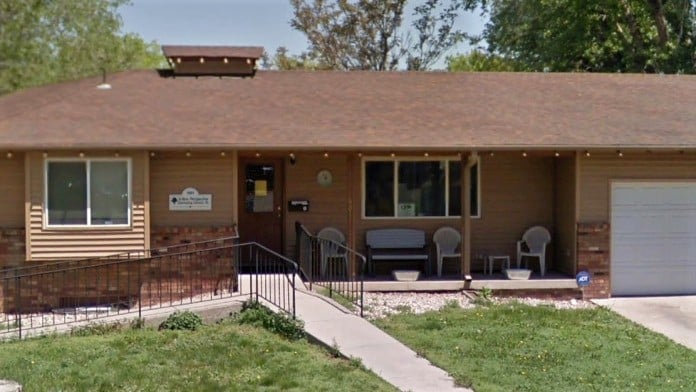 | A New Perspective Counseling - Fort Collins, COA New Perspective Counseling offers Intensive Outpatient Programs (IOPs) designed to provide comprehensive support for individuals dealing with substance use and mental health challenges.Intensive Outpatient Program (IOP): Duration: IOPs generally meet for up to nine hours a week. Services Offered: Individual therapy Group therapy Family therapy Educational classes Skill-building classes Peer support services Evidence-based treatment interventions Treatment and self-help groups General Outpatient Program: The general outpatient program meets less frequently than the IOP but provides similar services. Aftercare Services: After treatment ends, the clinic may offer aftercare services, including access to 12-step programs and referrals to community resources. Insurance Information: A New Perspective Counseling accepts a variety of insurance plans, including: Humana Ambetter Cigna Anthem Blue Cross Blue Shield United Healthcare Aetna And more Important Note: Because insurance plans vary, it’s essential to verify coverage information and out-of-network details with your insurer.Conclusion: A New Perspective Counseling is dedicated to providing supportive and effective treatment options for individuals seeking recovery. For more information about their services and how to begin treatment, please contact them directly. 1004 McHugh St, Fort Collins, CO 80524 | Levels of Care:Intensive Outpatient (IOP)Aftercare SupportoutpatientIntervention Services Payment Options:Private InsuranceSelf-Pay OptionsFinancial AidMedicaid | ||
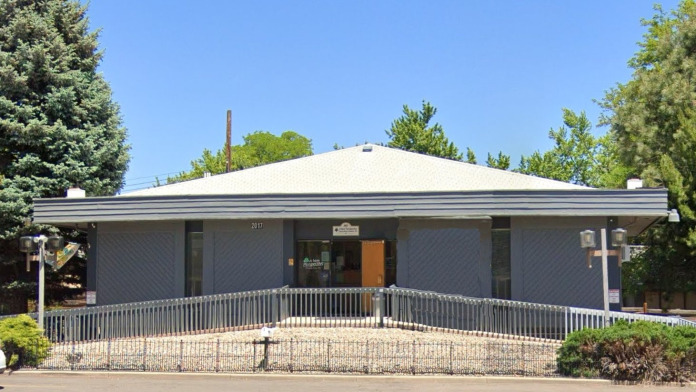 | A New Perspective Counseling - Loveland, COA New Perspective Counseling is a private alcohol and drug rehabilitation facility located in Loveland, Colorado. They provide comprehensive treatment for various substance abuse addictions, including alcoholism, co-occurring mental health disorders, and opiate addiction.Services Offered: Flexible Outpatient Addiction Therapy: Patients can participate in outpatient therapy while living at home, allowing for a balance between treatment and personal responsibilities. Additional Levels of Care: Intensive Outpatient Program (IOP): A more structured program for those needing additional support. Relapse Prevention: Strategies and tools to help clients maintain their recovery and prevent relapse. Intervention Services: Professional support to help families intervene when a loved one is struggling with addiction. Specialty Programs: Tailored Care for Women: Programs addressing the specific needs and experiences of women in recovery. Gender-Specific Addiction Treatment for Men: Focusing on the unique challenges faced by men dealing with substance use. Age-Sensitive Addiction Treatment: Consideration of health and life-stage issues for older adults, providing appropriate support for their recovery journey. Accreditations: A New Perspective Counseling is accredited by the state of Colorado, ensuring they adhere to high standards of care and service quality.Conclusion: A New Perspective Counseling is dedicated to providing personalized and effective treatment for individuals facing substance use disorders. For more information about their services and programs, please contact them directly. 2017 W Eisenhower Blvd, Loveland, CO 80537 | Levels of Care:outpatientIntensive Outpatient (IOP)Aftercare SupportIntervention Services Payment Options:Self-Pay OptionsMedicaid | ||
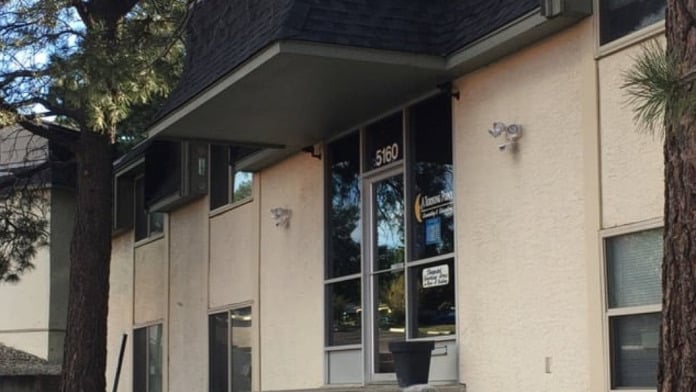 | A Turning Point - Colorado Springs, COA Turning Point is dedicated to helping individuals move forward in their lives, whether through court-ordered classes, substance abuse counseling, or individual therapy. Located in Colorado Springs, the center provides a supportive and judgment-free environment for clients navigating their recovery journey.Services Offered: Substance Abuse Counseling: Comprehensive support for those dealing with addiction. Individual Therapy: Tailored sessions to address personal challenges and promote healing. Court-Mandated Therapy: Options for clients required to attend therapy as part of legal proceedings, including DUI/DWAI classes and domestic violence counseling. Relapse Prevention Therapy: Strategies to help clients identify and manage high-risk situations and triggers. Cognitive Behavioral Therapy (CBT): A therapeutic approach focused on changing negative thought patterns and behaviors. Anger Management Therapy: Support for individuals seeking to manage their anger and improve interpersonal relationships. Court Assistance: While A Turning Point provides valuable resources for court-related issues, they may have limited assistance for cases involving divorce or child custody. It\'s important to note that they might not accept self-referrals.Affordable Treatment Options: A Turning Point believes that cost should not be a barrier to receiving help. They accept Colorado Medicaid and most major insurance plans, offering flexible payment options and assistance programs for underinsured and uninsured clients.The staff is committed to helping clients understand their coverage and potential out-of-pocket costs, ensuring that they can focus on beginning their recovery journey without financial stress.Conclusion: A Turning Point offers a range of counseling and therapy services in a welcoming environment for those seeking support in Colorado Springs. With a focus on personalized care, affordable treatment options, and assistance for court-mandated requirements, they strive to empower individuals to make meaningful progress in their recovery. For more information or to schedule an appointment, please contact them directly. 5160 N Union Blvd, Colorado Springs, CO 80918 | Levels of Care:outpatientIntensive Outpatient (IOP)12-StepIntervention ServicesAftercare Support Payment Options:MedicaidSelf-Pay OptionsFinancial Aid | ||
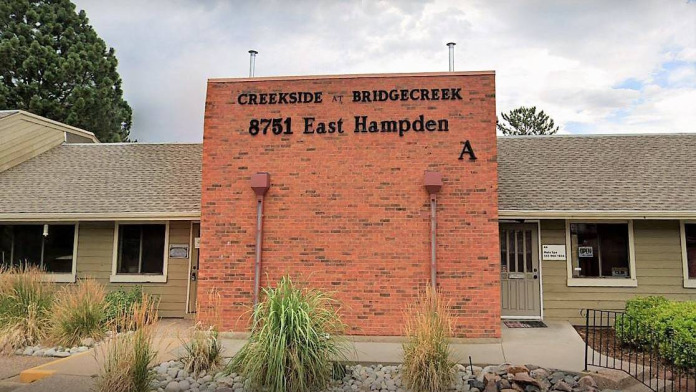 | A Womans Way to RecoveryA Womans Way to Recovery in Denver, CO, specializes in providing empowering addiction treatment services exclusively for women. The center offers a range of programs, including individualized therapy, group support, and holistic healing approaches, all designed to address the unique challenges faced by women in recovery. With a compassionate and dedicated team, A Womans Way to Recovery creates a safe and nurturing environment that fosters healing, growth, and resilience. Explore the resources available to help you or your loved one embark on a transformative journey towards lasting sobriety. 8751 E Hampden Ave, Denver, CO 80231 | Levels of Care:outpatient Payment Options:Private InsuranceSelf-Pay Options | ||
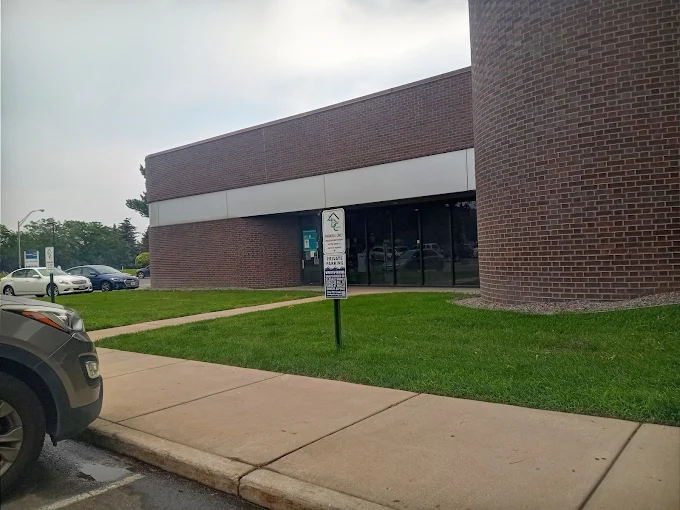 | A.R.T.S. Potomac Street CenterA.R.T.S. Potomac Street Center is a public alcohol and drug rehabilitation facility located in Aurora, Colorado. The center provides treatment for a variety of substance abuse addictions, including alcoholism, co-occurring mental health disorders, and opiate addiction.Services Offered: Detoxification: Supervised medical treatment is provided to safely manage withdrawal symptoms during detox. Flexible Outpatient Addiction Therapy: Patients can receive regular treatment while living at home, ensuring support without disrupting daily life. Additional Levels of Care: Intensive Outpatient Programs: For more structured support. Relapse Prevention: Strategies to maintain sobriety and prevent relapse. 12-Step Therapy: Incorporating traditional recovery methods into treatment. Specialty Programs: The center offers tailored care options, including: Women’s Specific Programs: Focused on the unique needs and experiences of women. Gender-Specific Treatment for Men: Addressing challenges faced by male clients. Veteran Programs: Specialized drug rehab for veterans, focusing on combat-related trauma and reintegration into civilian life. Amenities: Patients at A.R.T.S. Potomac Street Center benefit from: Private Transportation: Discreet and convenient travel to appointments. Private Rooms: Providing personal space for reflection and undisturbed rest during treatment. Recreational Activities: Opportunities for creative expression through art activities. Accreditation: A.R.T.S. Potomac Street Center is accredited by SAMHSA (Substance Abuse and Mental Health Services Administration) and CARF (Commission on Accreditation of Rehabilitation Facilities), ensuring high standards of care.Conclusion: A.R.T.S. Potomac Street Center is committed to providing comprehensive and compassionate care for individuals facing addiction. With a focus on personalized treatment and supportive environments, they aim to help clients achieve lasting recovery. For more information or to schedule an appointment, please contact them directly. 750 Potomac St, Aurora, CO 80012 | Levels of Care:outpatientIntensive Outpatient (IOP)Aftercare Support12-StepMedically Assisted Detox Payment Options:Military InsurancePrivate InsuranceSelf-Pay OptionsMedicaidMedicareFinancial Aid |  | |
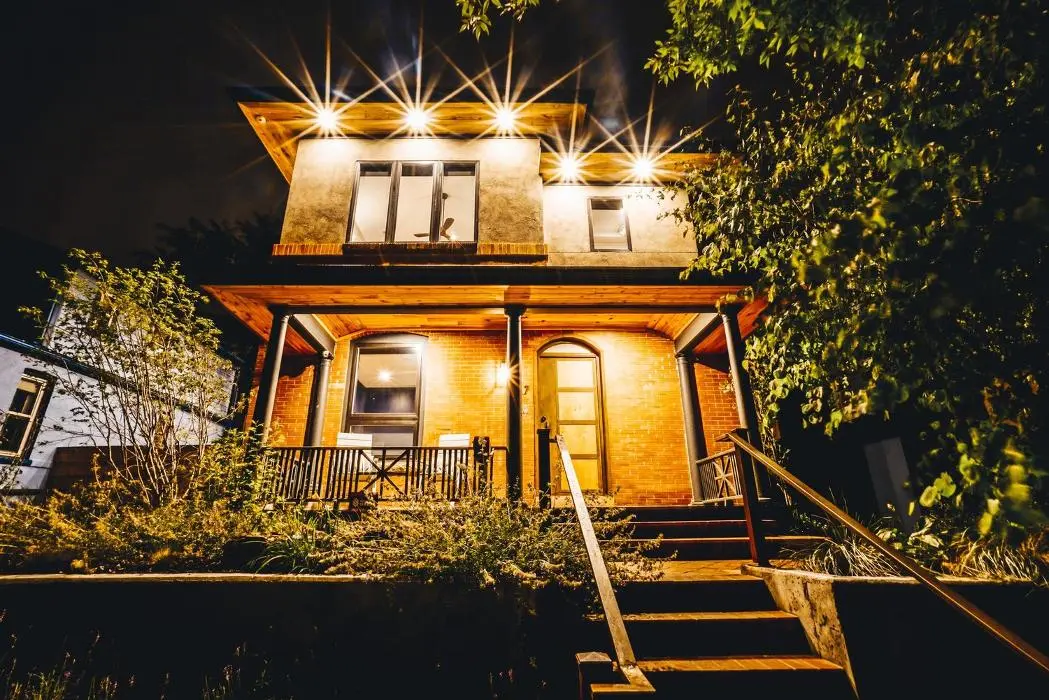 | AB Counseling - Lakewood, COAB Counseling in Lakewood, CO, provides comprehensive mental health services tailored to support individuals facing a variety of challenges. The center offers a wide range of counseling options, including individual therapy, couples counseling, and group sessions, all customized to meet the unique needs of each client. With a team of experienced and compassionate professionals, AB Counseling fosters a safe and supportive environment that promotes healing and personal growth. Discover the resources available to help you or your loved one achieve emotional well-being and a brighter future. 1949 Wadsworth Blvd #206, Lakewood, CO 80214 | Levels of Care:outpatientIntensive Outpatient (IOP) Payment Options:Self-Pay Options | ||
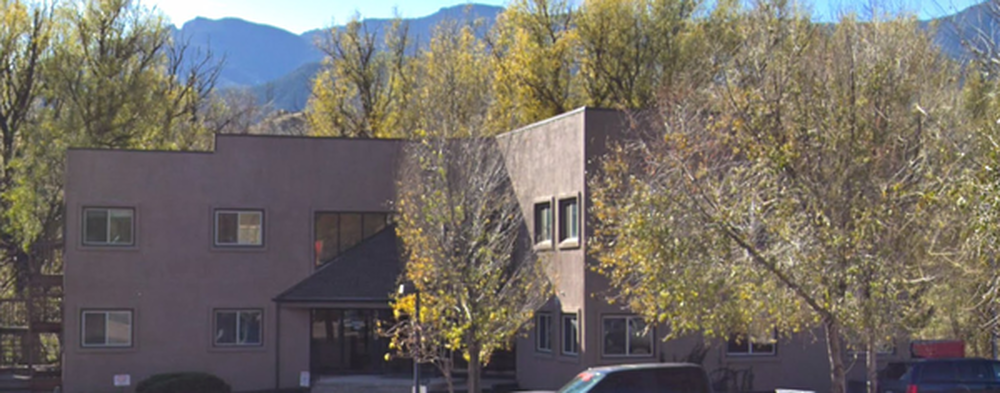 | About an Alternative - Hands UpAre you seeking an alternative to conventional addiction recovery programs? Hands Up might be the perfect solution for you! We provide specialized alcohol and drug rehab services tailored for adults, young adults, men, and women. Our outpatient rehabilitation programs are designed to fit seamlessly into your daily life, allowing you to balance treatment with your personal responsibilities. Additionally, our group therapy sessions offer valuable support and encouragement from peers facing similar challenges. Reach out to us today to discover more about our innovative approach to addiction recovery! 3009 West Colorado Avenue, Suite B, Colorado Springs, CO 80904 | Levels of Care:outpatient Payment Options:Self-Pay Options | ||
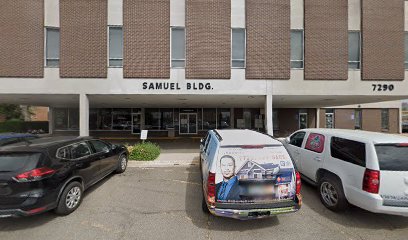 | Action Counseling, LLC DUIAction Counseling, LLC DUI, located at 7290 Samuel Dr Suite 130, Denver, CO, specializes in providing services related to DUI (Driving Under the Influence) offenses. The facility offers programs designed to help individuals address substance abuse issues that may have contributed to their DUI charges. Their services typically include assessments, counseling, and educational programs aimed at promoting responsible behavior and reducing the risk of future offenses. Action Counseling, LLC DUI focuses on supporting clients through their recovery journey, emphasizing the importance of accountability and personal growth. Through tailored programs, the center aims to assist individuals in making positive changes in their lives and complying with legal requirements. 7290 Samuel Dr Suite 130, Denver, CO 80221 | Levels of Care:outpatient Payment Options:MedicaidPrivate insuranceSelf-Pay OptionsFinancial AidMilitary Insurance | ||
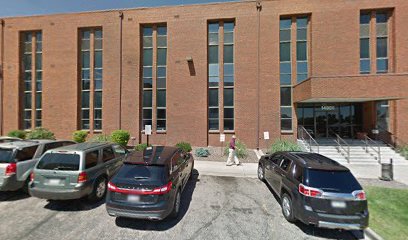 | Action Counseling, LLC: Aurora, COAction Counseling, LLC, located at 14901 E Hampden Ave Ste 270, Aurora, CO, is an alcohol and drug rehabilitation center dedicated to helping individuals overcome substance abuse issues. With a rating of 3.4 based on 5 Google reviews, the facility offers a range of treatment options tailored to meet the needs of those struggling with addiction. The center focuses on providing supportive and effective care to help clients achieve recovery. Specific services and programs may include outpatient therapy, counseling, and support for co-occurring mental health disorders. Action Counseling aims to create a positive environment where individuals can work towards a healthier, substance-free life. 14901 E Hampden Ave Ste 270, Aurora, CO 80014 | Levels of Care:InpatientoutpatientAftercare Support Payment Options:MedicaidPrivate insuranceSelf-Pay OptionsFinancial AidMilitary Insurance | ||
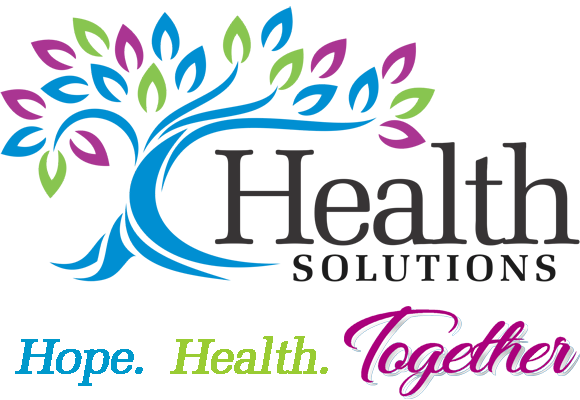 | Acute Treatment UnitThe Acute Treatment Unit (ATU) is a 15-bed inpatient facility designed for men and women aged 18 and older who are experiencing an emotional crisis or have psychiatric needs. The ATU provides a safe and secure environment for individuals who do not require hospitalization or an extended stay.Services Offered: Personalized Treatment Plans: Upon admission, each individual collaborates with the ATU staff to create a customized treatment plan that is continuously updated throughout their stay. Therapeutic Activities: Treatment includes Dialectical Behavior Therapy (DBT) skills groups, individual and family meetings, and, if needed, medication evaluation and management. Community Resource Coordination: The ATU team works with clients to identify community resources that may be beneficial, including ongoing physical and mental health care. Family Involvement: Family participation is encouraged, and with the individual’s permission, family members are consulted regarding recommended follow-up services.Facilities and Amenities: Average Stay: The typical length of stay at the ATU is around five days. Provided Amenities: Residents receive meals and snacks, hygiene necessities, access to a laundry facility, and journals with writing materials. Limitations: While the ATU is staffed by nurses and a psychiatric prescriber, it is licensed solely for psychiatric services and cannot provide medical services. Individuals with major medical problems requiring additional assistance, those who are violent and may need restraint, or those who are intoxicated, withdrawing from substances, immobile, or incontinent are not suitable for admission.Conclusion: The Acute Treatment Unit offers a supportive and structured environment for individuals in emotional crisis, focusing on personalized care and community resource integration. For more information or to inquire about services, please contact the ATU directly. 1302 Chinook Ln, Pueblo, CO 81001 | Levels of Care:Inpatient Payment Options:Financial AidPrivate InsuranceSelf-Pay OptionsMedicaidMedicare | ||
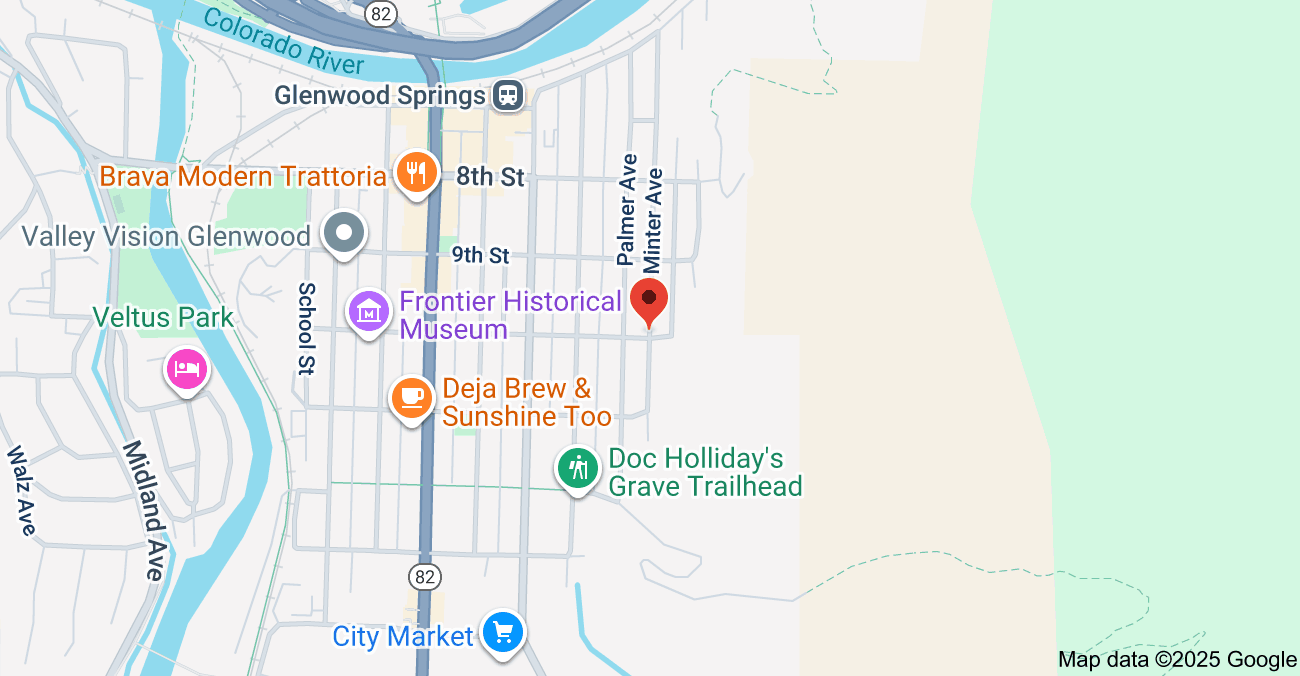 | Addictive Behaviors Counseling - 10th StreetAddictive Behaviors Counseling – 10th Street is a private alcohol and drug rehabilitation facility that offers treatment for various substance abuse addictions, including alcoholism, co-occurring mental health disorders, and opiate addiction. They provide supervised medical treatment to safely manage withdrawal symptoms during detoxification, along with flexible outpatient addiction therapy that allows patients to live at home while receiving regular treatment.Services Offered: Supervised Medical Detoxification: Ensures safe management of withdrawal symptoms for individuals in the detox process. Outpatient Addiction Therapy: Flexible treatment options that enable clients to integrate recovery into their daily lives. Intensive Outpatient Programs (IOP): Additional care for those who require more structured support. Specialty Programs: Women’s Specific Care: Tailored programs that address the unique needs and experiences of women in recovery. Gender-Specific Treatment: Programs designed to tackle the specific challenges faced by men dealing with addiction. Teen Treatment: Age-appropriate services focused on addressing adolescent-specific issues and challenges. Immersive Residential Environment: Patients at Addictive Behaviors Counseling – 10th Street benefit from a residential setting that promotes full engagement in recovery, providing a supportive atmosphere away from daily triggers and distractions.Conclusion: Addictive Behaviors Counseling – 10th Street is committed to providing comprehensive and individualized care for those struggling with substance use and mental health challenges. For more information about their services and how to get started, please contact them directly. 929 10th Street, Glenwood Springs, CO 81601 | Levels of Care:outpatientIntensive Outpatient (IOP)Medically Assisted Detox Payment Options:Military InsurancePrivate InsuranceSelf-Pay OptionsMedicaidMedicareFinancial Aid | ||
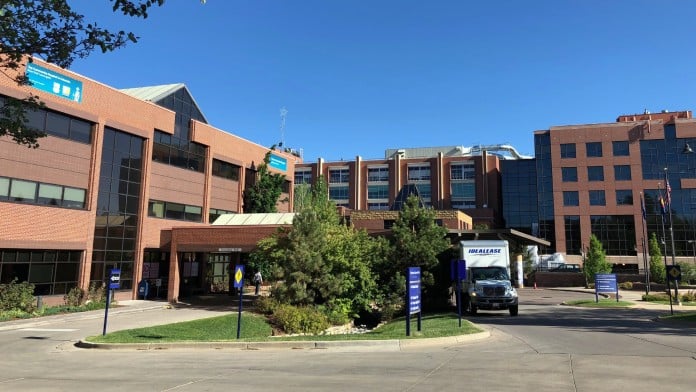 | AdventHealth PorterLocated in the downtown area of Denver, AdventHealth Porter is nestled near Alamo Placita Park and Hungarian Freedom Park, providing a serene environment for patients. With a history spanning 100 years, the facility is dedicated to a whole-person approach to healthcare.Services Offered: Behavioral Health Care: AdventHealth Porter offers psychiatric inpatient behavioral health care, focusing on specialized treatment for addiction recovery, grief, trauma, and co-occurring mental health conditions. Public Pharmacy: A full-service public pharmacy is available on-site to support patients\' medication needs. Intensive Outpatient Addiction Program: Comprehensive Mental Health Programs: The center provides evidence-based treatments, including Cognitive Behavioral Therapy (CBT) and Dialectical Behavior Therapy (DBT), as well as virtual mental health options. Substance Use Intensive Outpatient Program: This 12-week program is designed for individuals with primary addiction or co-occurring mental health conditions. Sessions are held in person on Monday, Wednesday, and Thursday evenings, requiring at least nine hours of treatment each week. Focus on Recovery: Relapse Prevention: Participants will learn to create personalized relapse prevention plans, identify emotional triggers, develop coping skills, and recognize warning signs of potential relapse. Admission Criteria: Enrollment in the program is based on criteria set by the American Society of Addiction Medicine. Prospective participants are required to have an individual therapist and medication providers; referrals can be provided if these resources are not already in place. Conclusion: AdventHealth Porter is committed to providing high-quality behavioral health services and a supportive environment for individuals seeking recovery. Through a focus on evidence-based treatments and comprehensive support, they aim to empower patients on their journeys to sustained health and well-being. For more information or to inquire about their programs, please contact them directly. 2525 S Downing St, Denver, CO 80210 | Levels of Care:InpatientoutpatientIntensive Outpatient (IOP)24-Hour Clinical Care Payment Options:Military InsurancePrivate InsuranceSelf-Pay OptionsMedicaidMedicareFinancial Aid | ||
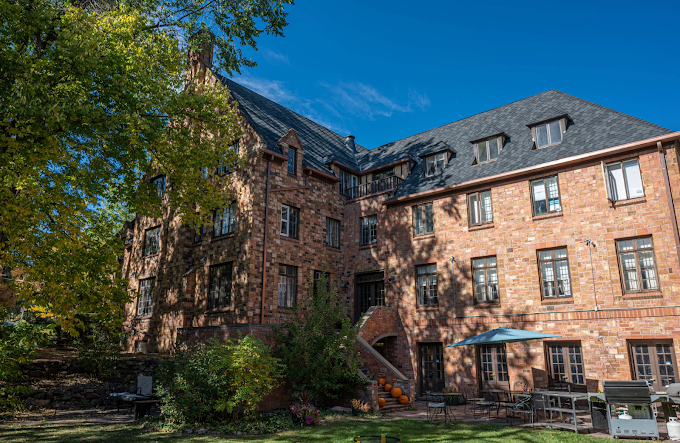 | AIM House - Boulder, COAIM House is a transitional living facility situated in Boulder, Colorado, dedicated to providing substance abuse and mental health treatment for young adults. As part of AIM Health, the center offers a range of programs, including intensive outpatient (IOP and PHP) and general outpatient (OP) services. With over 25 years of experience, AIM House has earned accreditation from the Joint Commission and the National Association of Therapeutic Schools and Programs and is a member of the Young Adult Transition Association (YATA).Treatment Environment: Living Arrangements: Residents live independently in a structured environment within a residential neighborhood near the University of Boulder. This setting helps bridge the gap between primary treatment and life outside of rehab. Inclusivity: AIM House aims to provide a safe and welcoming space, particularly for LGBTQIA+ individuals. Assessment and Individualized Treatment: Upon arrival, clients undergo a professional assessment to identify specific challenges, including behavioral and mental health concerns (dual-diagnosis). This leads to tailored, holistic treatment plans that encompass: Group, Individual, and Family Therapy: Focused on addressing various aspects of recovery. Peer Support: Encourages connection and shared experiences among residents. Health and Wellness Instruction: Promotes overall well-being. Support Services: AIM House provides a comprehensive array of services aimed at fostering sustainable recovery and long-term success, including: Executive Functioning and Life Skills Training: Equipping clients with essential skills for independent living. Vocational Coaching and Internships: Helping residents gain work experience and job readiness. Academic Mentoring: Supporting educational goals. Relapse Prevention and Support: Strategies to maintain sobriety. Creative Accelerator Programs: Encouraging self-expression through various creative outlets. Distinctive Features: In addition to traditional rehab elements like case management and addiction medicine specialists, AIM House offers unique therapies such as: Ketamine-Assisted Psychotherapy and Psychedelic Therapy: Emerging treatments that may benefit certain individuals struggling with substance use disorders, depression, and anxiety. Experiential Therapies: Including music and art therapy and equine therapy for a holistic treatment experience. Conclusion: AIM House is committed to supporting young adults in their recovery journeys through a comprehensive and innovative approach to treatment. By combining traditional therapies with emerging practices, they aim to provide a well-rounded path to sustainable recovery. For more information or to inquire about admission, please contact them directly. 888 13th St, Boulder, CO 80302 | Levels of Care:outpatient Payment Options:Self-Pay Options | ||
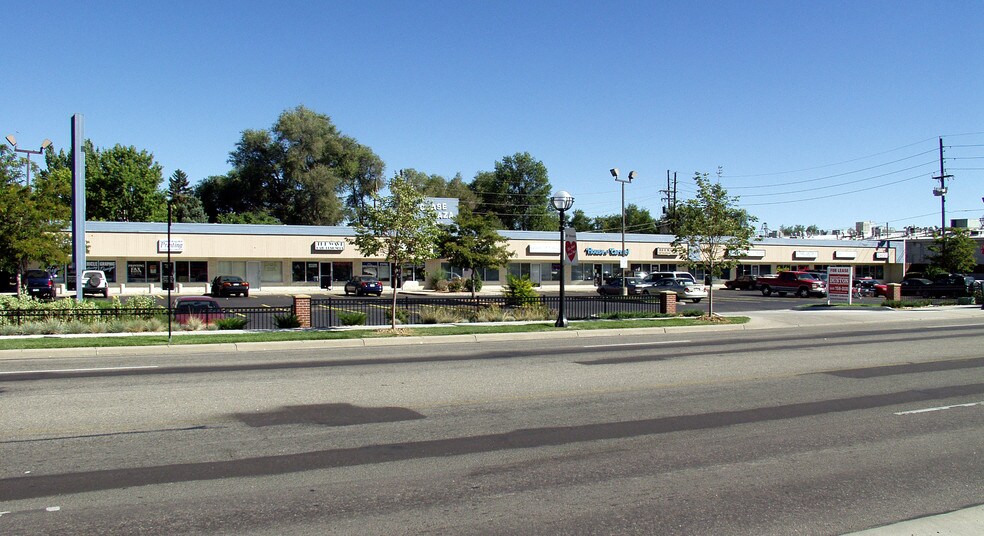 | Alano Club - Denver, COAlano Club is a non-profit alcohol and drug rehabilitation center located in Denver, Colorado. The facility provides treatment for a variety of substance abuse addictions, including alcoholism and opiate addiction.Treatment Options: Flexible Outpatient Addiction Therapy: Alano Club offers outpatient therapy that allows patients to receive treatment while living at home, supporting their daily responsibilities. Additional Levels of Care: The center includes services such as relapse prevention and 12-step therapy to enhance recovery efforts. Specialty Programs: Alano Club features tailored programs that focus on specific needs, including: Women’s Specific Needs: Programs designed to address the unique challenges women face in recovery. Gender-Specific Addiction Treatment: Targeted support for men, acknowledging the distinct issues related to male addiction experiences. Conclusion: Alano Club is dedicated to providing comprehensive and flexible treatment options for individuals struggling with substance abuse. For more information about their services or to get started on your recovery journey, please contact them directly. 5455 W 38th Ave, Denver, CO 80212 | Levels of Care:outpatientAftercare Support12-Step Payment Options:Free | ||
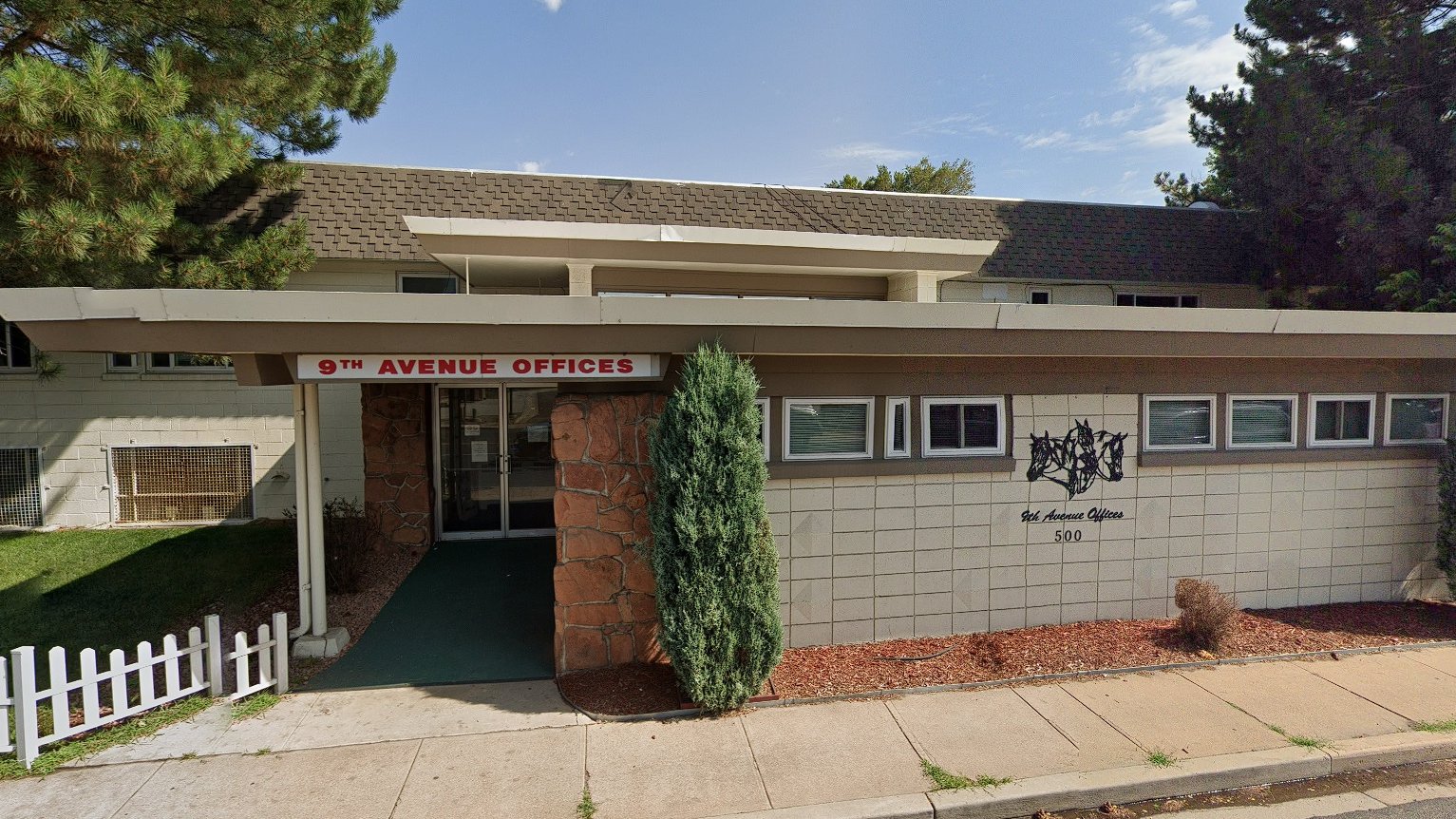 | Alcohol Behavior InformationAlcohol Behavior Information Longmont is a leading provider of alcohol and addiction services in Colorado, dedicated to offering comprehensive support for individuals struggling with substance use disorders. Their commitment to high-quality care ensures that clients receive tailored treatment that addresses their unique needs.Services Offered: Alcohol Rehab: Specialized programs to support recovery from alcohol dependence. Dual Diagnosis: Integrated treatment for individuals facing both substance use disorders and mental health issues. Opioid Addiction Treatment: Focused programs for those struggling with opioid dependence. Adult Programs: Comprehensive support designed for adult clients. Men’s & Women’s Rehab: Gender-specific treatment options to address unique challenges faced by men and women. Young Adult Rehab: Tailored programs for young adults navigating recovery. Outpatient Rehab: Flexible treatment options that allow clients to maintain their daily routines while receiving care. Aftercare Support: Ongoing support to help clients maintain their recovery after completing a treatment program. Therapeutic Approaches: Cognitive Behavioral Therapy (CBT): A method that helps clients identify and change negative thought patterns and behaviors. Dialectical Behavior Therapy (DBT): Focuses on building skills in emotional regulation, interpersonal effectiveness, and distress tolerance. Family Therapy: Engages family members in the recovery process to foster a supportive environment. Group Therapy: Provides a space for clients to share experiences and support one another. Individual Therapy: One-on-one sessions tailored to the client’s specific needs. Trauma Therapy: Specialized support for clients dealing with past trauma that may impact their addiction and recovery. Conclusion: If you or someone you know is struggling with alcohol or addiction, Alcohol Behavior Information Longmont offers a wide range of services designed to facilitate recovery and promote long-term well-being. For more information or to learn how they can assist you or your loved one, please contact them directly. 500 9Th Avenue, Suite 10, Longmont CO, 80501 | Levels of Care:outpatient Payment Options:Self-Pay Options | ||
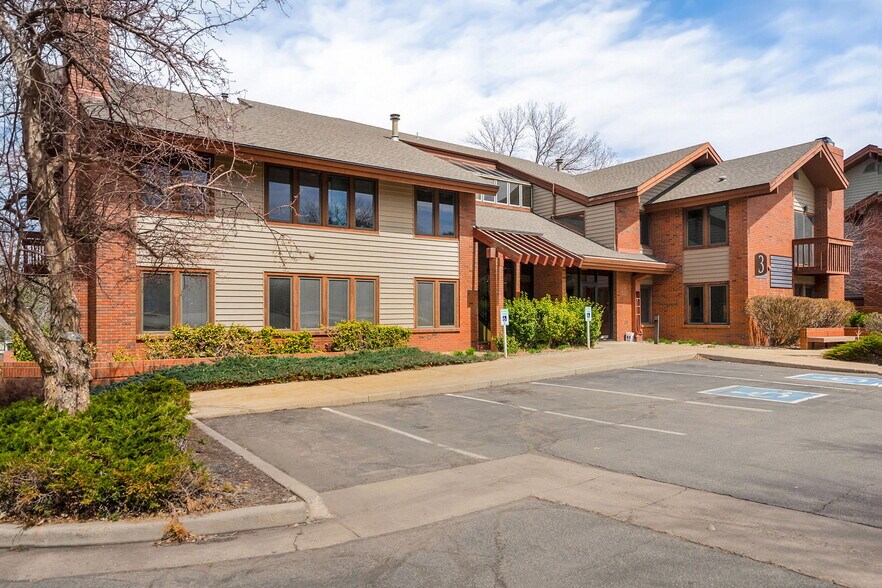 | Alcohol Counseling and Guidance ServicesAlcohol Counseling and Guidance Services is a private alcohol and drug rehabilitation facility located in Fort Collins, Colorado. They provide treatment for a range of substance abuse addictions, including alcoholism, co-occurring mental health disorders, and opiate addiction.Treatment Options: Flexible Outpatient Addiction Therapy: This program allows patients to live at home while receiving regular treatment, making recovery more manageable. Additional Levels of Care: Services include relapse prevention and 12-step therapy to support ongoing recovery. Specialty Rehab Programs: Alcohol Counseling and Guidance Services offers tailored specialty programs, including: Women’s Specific Care: Focused on addressing the unique needs and experiences of women in recovery. Gender-Specific Treatment: Programs designed to tackle the specific challenges faced by men with addiction. Age-Sensitive Addiction Treatment: Considering the health and life-stage issues of older adults to ensure appropriate care. Conclusion: Alcohol Counseling and Guidance Services is committed to providing inclusive and effective treatment options for individuals struggling with addiction and co-occurring disorders. For more information about their services and how to begin treatment, please contact them directly. 1136 E Stuart St, Fort Collins, CO 80525 | Levels of Care:outpatientAftercare Support12-Step Payment Options:Self-Pay Options | ||
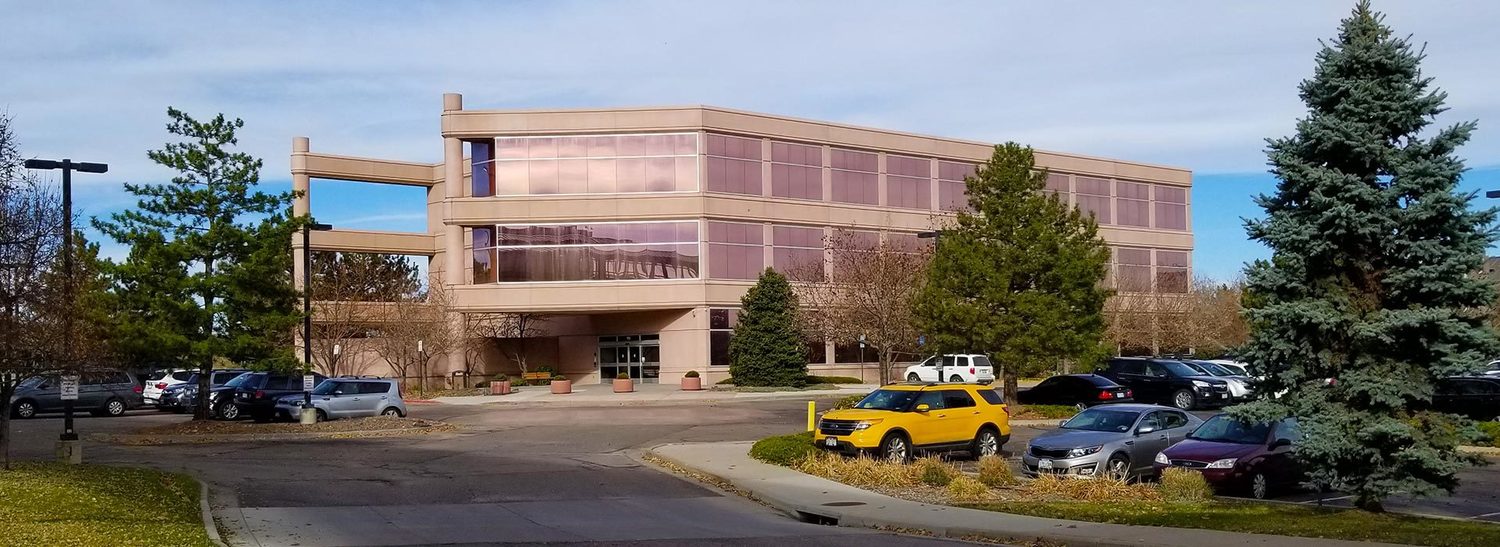 | All Health NetworkAll Health Network is a treatment center in Littleton, Colorado, offering intensive outpatient treatment (IOP) for adults facing mental health conditions and substance abuse disorders. They provide a comprehensive approach that includes medication-assisted treatment (MAT), case management, and specialized therapy for older adults.Intensive Outpatient Program (IOP): Duration: The IOP lasts 12 weeks and includes a minimum of nine hours per week of treatment. Group Structure: Treatment is divided into three distinct groups: Foundations: Focuses on educating clients about substances, their impact on the brain and body, and the role of trauma in addiction. Dialectical Behavioral Therapy (DBT): Aims to address thinking patterns, enhance distress tolerance, and improve emotional regulation. Skills for Recovery: Teaches essential life skills for recovery, including communication, goal setting, and navigating family relationships. Additional Services: Medication-Assisted Treatment (MAT): Available when appropriate, supporting integrated treatment for addiction and co-occurring mental health disorders. Peer Support: Offers connections to peer support for additional encouragement and understanding. Harm Reduction Options: Depending on the client\\\'s journey, the center can provide harm reduction strategies and help develop healthy coping skills. Family Support: Understanding that substance use affects loved ones, All Health offers Community Reinforcement and Family Training (CRAFT) to help friends and family understand how to support someone with a substance use disorder. Participation is available even if the loved one is not an All Health client. Conclusion: If you or someone you know is struggling with mental health or substance abuse issues, All Health Network provides a supportive and structured environment for recovery. For more information about their programs and services, please contact them directly. 5500 S Sycamore St STE. 100, Littleton, CO 80120 | Levels of Care:outpatient Payment Options:Military InsurancePrivate InsuranceSelf-Pay OptionsMedicaidMedicareFinancial Aid | ||
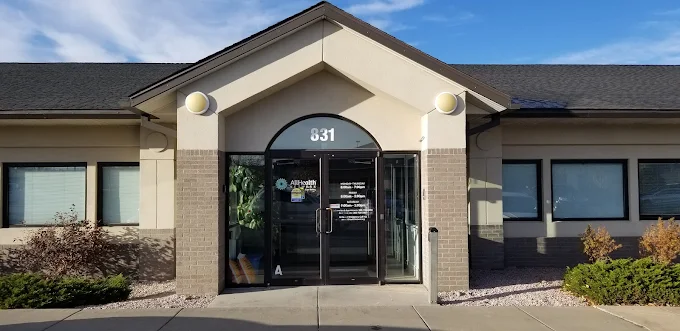 | All Health Network - Castle Rock, COAll Health Network is an outpatient treatment center located less than an hour outside of Denver in Castle Rock, Colorado. They provide comprehensive services for addiction, mental health disorders, and trauma care for both adults and adolescents. The center offers flexible treatment options that allow individuals to maintain their daily responsibilities while receiving the help they need.Treatment Options: Intensive Outpatient Programs (IOPs): These programs offer a structured approach that includes group sessions focused on addiction education, dialectical behavioral therapy (DBT), and recovery skills. Participants work to understand and address the underlying factors of addiction while developing coping skills for healthier decision-making. Medication-Assisted Treatment (MAT): All Health Network provides a comprehensive MAT program specifically designed for individuals battling opioid addiction. The program utilizes FDA-approved medications, such as buprenorphine and naltrexone, to help alleviate cravings and withdrawal symptoms. Specialized Treatment for Co-Occurring Disorders: The MAT program also addresses co-occurring disorders and polysubstance use, ensuring a tailored approach to complex needs. Free Narcan kits are available for harm reduction efforts. Family Support: Community Reinforcement and Family Training (CRAFT): This program invites family members and loved ones to participate in sessions focused on understanding addiction and recovery. It equips families with the knowledge and tools to support their loved ones throughout the recovery journey. Holistic Support: Wraparound Services: All Health Network offers case management and adjunctive services to help clients improve various aspects of their lives. Individual job placement services are available to assist clients in finding stable employment, further supporting their recovery. Conclusion: All Health Network is dedicated to providing a comprehensive and integrated approach to addiction and mental health treatment. With a focus on individualized care, family involvement, and holistic support, they aim to empower clients on their recovery journeys. For more information or to schedule an appointment, please contact them directly. 2356 Meadows Blvd STE 230B, Castle Rock, CO 80109 | Levels of Care:outpatient Payment Options:Military InsurancePrivate InsuranceSelf-Pay OptionsMedicaidMedicareFinancial Aid |
Find Colorado drug rehabs in cities near you or sort by letter.
For anyone seeking help for addiction for themselves or a loved one calls to Addiction Helpline America are completely confidential and available 24/7.
Please note: any treatment center listed on our site that receives calls is a paid advertiser.
Calls to a specific treatment center’s listing will be connected directly to that center.
Calls to our general helpline will be answered by treatment providers, all of whom are paid advertisers.
By calling the helpline, you agree to our terms and conditions. These calls are free of charge and carry no obligation to enter treatment. Neither Sober Steps nor anyone answering your call receives a commission or fee based on your choice of treatment provider.
If you’d like to explore additional treatment options or connect with a specific rehab center, you can browse our top-rated listings, visit our homepage, or call us at (844) 561-0606. You may also contact us for further assistance.
Calls to any general helpline will be answered or returned by one of the treatment providers listed, each of which is a paid advertiser:
Our helpline is available 24 hours a day, 7 days a week at no cost to you and with no obligation for you to enter into treatment. We are committed to providing support and guidance whenever you need it.
In some cases, Addiction Helpline America charges our verified partner a modest cost per call. This fee helps us cover the costs of building and maintaining our website, ensuring that we can continue to offer this valuable service to those in need.
colorado drug rehab, colorado alcohol rehab, drug rehab colorado, alcohol rehab colorado, alcohol rehab in colorado, growth accelerator for rehabs
When seeking addiction treatment, it's essential to understand the various types of rehab programs available. The main categories include inpatient, outpatient, and detox programs, each designed to cater to different levels of care and individual needs. Inpatient programs provide a structured environment where individuals reside at the facility, while outpatient programs allow patients to receive treatment while continuing with their daily responsibilities.
Detox programs specifically focus on helping individuals safely withdraw from substances under medical supervision. Each type of program has its unique benefits and challenges, making it crucial for individuals to assess their personal circumstances and recovery goals when choosing the right option. For example, those with severe addiction may benefit more from inpatient care, while others with strong support systems may thrive in outpatient settings.
The cost of rehabilitation services can vary significantly based on several factors, including the type of treatment, facility location, and duration of stay. In Colorado, many rehab centers offer a range of payment options, including private insurance, Medicaid, and self-pay options, making it essential for individuals to explore all available financial avenues before committing to a program.
On average, outpatient programs may cost less than inpatient facilities due to the reduced need for 24/7 care. However, it's important to consider the potential long-term costs of untreated addiction, which can far exceed the initial expenses of rehab. Many facilities also provide financial aid and sliding scale fees to accommodate individuals from different economic backgrounds, ensuring that everyone has access to the help they need.
Aftercare services play a crucial role in maintaining sobriety after completing a rehab program. These services may include ongoing therapy, support groups, and relapse prevention strategies that help individuals navigate the challenges of everyday life without turning back to substance use. Many rehab centers in Colorado offer structured aftercare programs to ensure a smooth transition from treatment to independent living.
Support services can also involve connecting individuals with community resources, such as job training programs or sober living environments, that further enhance their chances of long-term recovery. Engaging in aftercare not only provides continued support but also fosters a sense of community and accountability, which are vital components in the journey to sobriety.
Many individuals seeking treatment for addiction have common questions regarding rehab services in Colorado. Topics often include the length of treatment programs, what to expect during detox, and how to choose the right facility. Addressing these questions can help alleviate anxiety and provide clarity for those considering rehab as a viable option for recovery.
It's also beneficial for individuals to inquire about specific services offered by facilities, such as specialized programs for co-occurring disorders or gender-specific treatment options. Understanding what each rehab center provides can empower individuals to make informed decisions about their recovery journey, ensuring they select a program that aligns with their unique needs and circumstances.